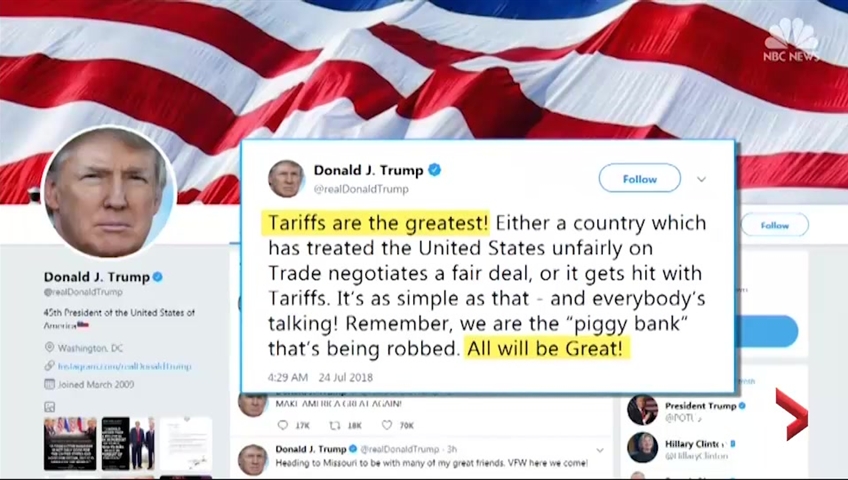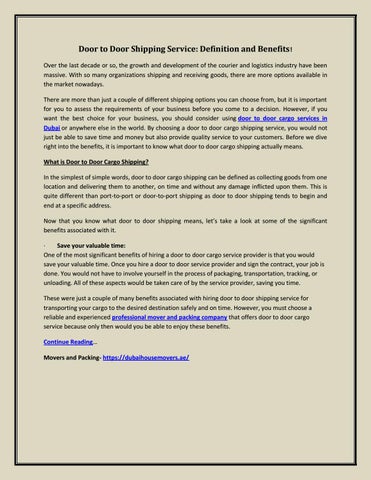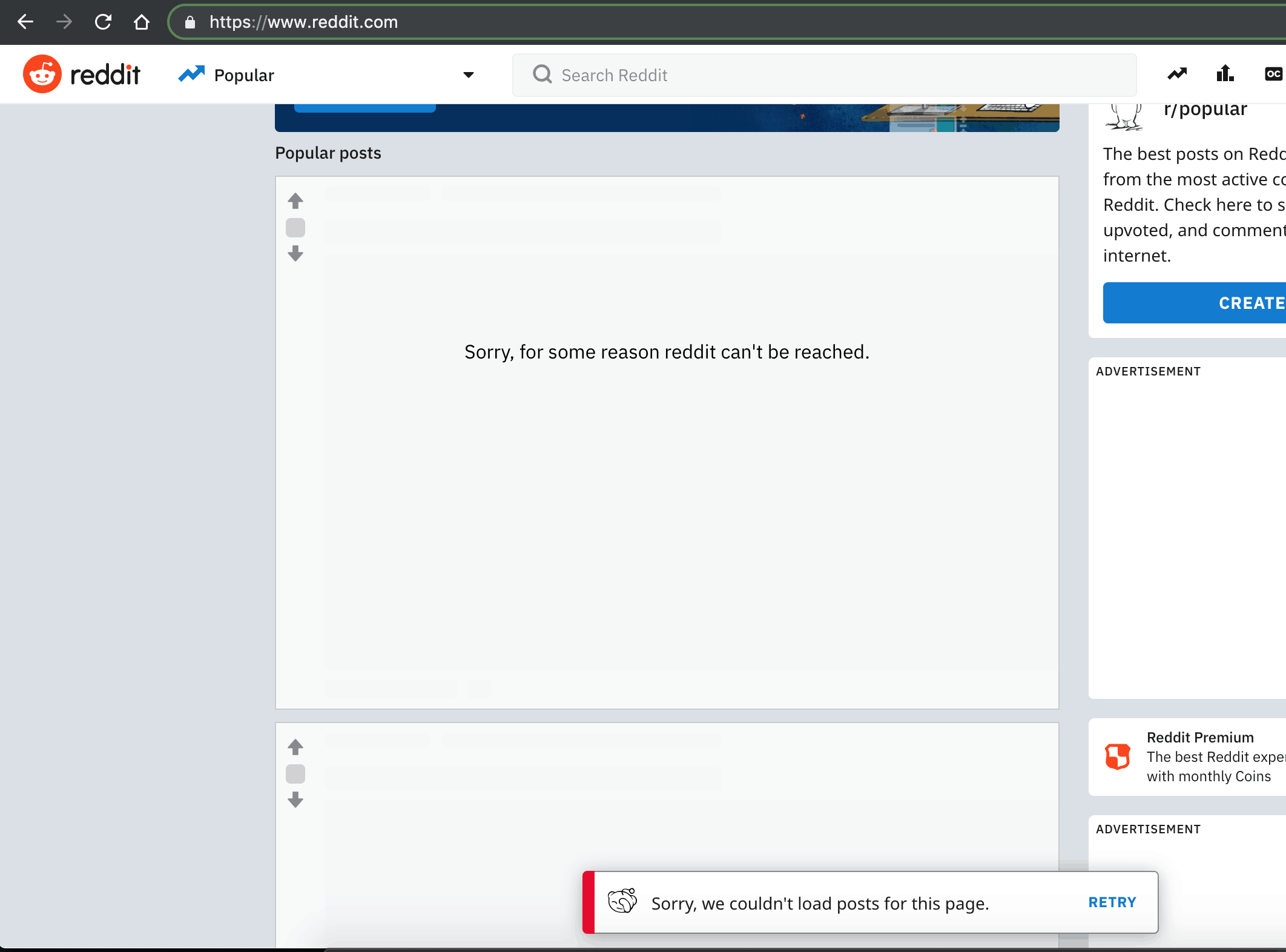Majority Of Dutch Oppose EU's Response To Trump Import Tariffs

Table of Contents
Public Sentiment in the Netherlands: A Deep Dive into the Opposition
Polling Data and its Significance
A recent poll conducted by [Name of reputable polling organization], with a sample size of [Sample size] and a margin of error of [Margin of error], revealed that [Percentage]% of Dutch citizens oppose the EU's response to the Trump administration's import tariffs. This significant figure demonstrates a clear disconnect between EU trade policy and the concerns of a substantial portion of the Dutch population. The poll also broke down the opposition by demographic factors such as age, region, and income level. Key findings include:
- A higher percentage of opposition amongst those employed in import/export-related businesses.
- A noticeable regional variation, with higher opposition in [Specific Dutch region(s)] potentially linked to higher reliance on specific affected industries.
- A strong correlation between economic concerns and opposition to the EU tariffs.
Economic Concerns Driving Public Discontent
The economic anxieties of Dutch citizens are a primary driver of the opposition to EU tariffs. The retaliatory measures implemented by the EU have had tangible negative impacts on Dutch businesses and consumers, including:
- Increased prices for imported goods, impacting household budgets and reducing consumer spending.
- Decreased export opportunities for Dutch businesses, particularly those reliant on the American market.
- Significant impacts on specific sectors like [mention specific Dutch industries affected, e.g., agriculture, manufacturing]. For instance, the tariffs on [Specific product] have severely impacted [Specific Dutch company/industry].
The EU's Response: A Critical Analysis
The EU's Retaliatory Measures
In response to the Trump administration's import tariffs, the EU implemented a series of retaliatory measures, including tariffs on various American goods. These measures targeted specific sectors, aiming to inflict economic pressure on the United States. Examples of these measures include:
- Tariffs on [Specific product categories and percentage tariffs].
- Restrictions on [Specific trade practices or imports].
The EU's stated rationale was to protect domestic industries and uphold World Trade Organization (WTO) rules, but its effectiveness is now being questioned in light of the strong Dutch opposition.
Perceived Ineffectiveness of the EU's Approach
The EU's response has faced criticism for its perceived ineffectiveness in achieving its stated objectives. Many argue that the retaliatory measures:
- Have failed to significantly alter US trade policy.
- Have disproportionately harmed EU businesses and consumers.
- Have resulted in unintended consequences, such as reduced competitiveness in certain sectors.
Political Implications and Future Outlook
Impact on Dutch-EU Relations
The widespread Dutch opposition to EU tariffs poses a significant challenge to Dutch-EU relations. This level of public dissent could:
- Lead to increased political pressure on the Dutch government to advocate for changes in EU trade policy.
- Influence the stance of Dutch political parties on future trade negotiations. [Mention specific party stances if available].
- Potentially impact the Netherlands' participation and engagement in EU-level decision-making on trade.
Implications for Future Trade Negotiations
The significant opposition within the Netherlands underscores the crucial need for greater transparency and public engagement in EU trade policy decisions. This situation has implications for future transatlantic trade negotiations and the EU's overall trade strategy, highlighting the importance of:
- Considering the potential economic and social impact of trade policies on member states' populations.
- Incorporating public feedback and concerns into the decision-making process.
- Strengthening communication channels between EU institutions and national governments to foster better understanding and collaboration.
Conclusion
The strong Dutch opposition to EU tariffs highlights a growing disconnect between EU trade policy and the concerns of its citizens. Economic anxieties, the perceived ineffectiveness of the EU's retaliatory measures, and the lack of public engagement in policymaking have all contributed to this significant level of dissent. Understanding the nuances of Dutch opposition to EU tariffs is crucial for shaping more effective and publicly acceptable trade policies in the future. Further research and public dialogue are needed to bridge the gap between EU institutions and the concerns of its member states. Addressing this opposition to EU tariffs requires a fundamental shift towards more inclusive and transparent trade policymaking.

Featured Posts
-
 This Weeks New Music Ezra Furman Billy Nomates And Damiano David
May 18, 2025
This Weeks New Music Ezra Furman Billy Nomates And Damiano David
May 18, 2025 -
 The Switzerland Trail A Journey Through Boulder Countys Mining History
May 18, 2025
The Switzerland Trail A Journey Through Boulder Countys Mining History
May 18, 2025 -
 Future Of Mail Delivery Canada Posts Door To Door Service Under Review
May 18, 2025
Future Of Mail Delivery Canada Posts Door To Door Service Under Review
May 18, 2025 -
 Reddit Down Thousands Of Users Affected Worldwide
May 18, 2025
Reddit Down Thousands Of Users Affected Worldwide
May 18, 2025 -
 Vuurwerkverbod Toch Een Op De Zes Nederlanders Blijft Kopen
May 18, 2025
Vuurwerkverbod Toch Een Op De Zes Nederlanders Blijft Kopen
May 18, 2025
Latest Posts
-
 Pokhorony Po Uestovski Vdokhnovenie Ot Pashi Tekhnikom
May 18, 2025
Pokhorony Po Uestovski Vdokhnovenie Ot Pashi Tekhnikom
May 18, 2025 -
 Instruktsiya Kane Uesta K Sobstvennym Pokhoronam Vdokhnovenie Ot Pashi Tekhnikom
May 18, 2025
Instruktsiya Kane Uesta K Sobstvennym Pokhoronam Vdokhnovenie Ot Pashi Tekhnikom
May 18, 2025 -
 Kanye West Bianca Censori Enjoy Dinner Date In Spain Amidst Relationship Speculation
May 18, 2025
Kanye West Bianca Censori Enjoy Dinner Date In Spain Amidst Relationship Speculation
May 18, 2025 -
 Bianca Censori And Kanye West Couple Spotted After Weeks Apart In Spain
May 18, 2025
Bianca Censori And Kanye West Couple Spotted After Weeks Apart In Spain
May 18, 2025 -
 Kanye West And Bianca Censori Reunited Dinner Date In Spain Fuels Reunion Rumors
May 18, 2025
Kanye West And Bianca Censori Reunited Dinner Date In Spain Fuels Reunion Rumors
May 18, 2025
